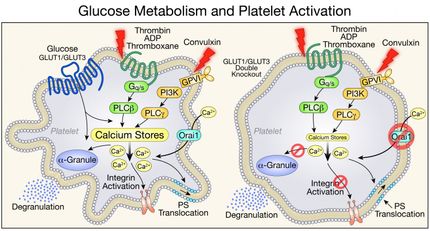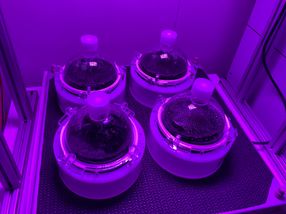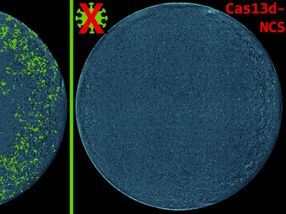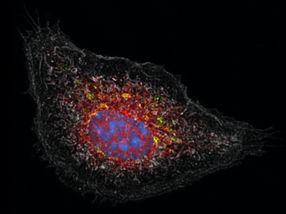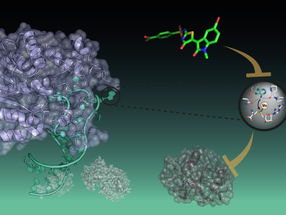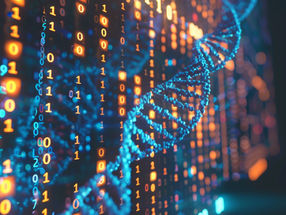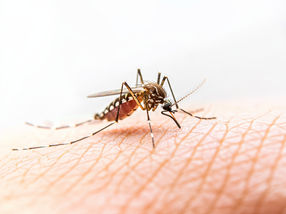New approach to autoimmune diseases
12-Sep-2003
A new approach to the treatment of autoimmune diseases such as rheumatoid arthritis, diabetes and multiple sclerosis is being developed by scientists at Bristol University.
The research is the subject of a lecture by Dr Neil Williams of the University's Department of pathology and microbiology delivered on Monday, September 8 as part of this year's British Association Festival of Science.
Dr Williams and his colleagues have identified novel bacterial products that can 're-educate' the immune system to turn off the inflammatory processes that cause autoimmune diseases. Such diseases affect large numbers of people, remaining with them for the rest of their lives, and cannot be adequately treated at present.
Although it has evolved to do good, the immune system can be a major cause of disease. Autoimmune diseases arise when the normal processes of control break down and the immune system begins an attack on the components of our own bodies.
Current research has uncovered many of the mechanisms by which the immune system causes the damage in autoimmune diseases. This understanding has led to the belief that there may be ways of 're-educating' the immune system to stop the damage.
The work carried out at Bristol focuses on the ability of a group of proteins produced by diarrhea-causing bacteria to modulate the immune system. The researchers have found that if these proteins are altered, they can be used to change the way in which the immune system behaves and stop it from damaging the body's own tissues in autoimmune disease.
This could lead to the development of a 'vaccine' which could be used to turn off rather than turn on the immune system. While previous treatments have focused on managing the pain and inflammation caused by autoimmune disease, this new approach would prevent damage occuring in the first place.
An initial phase of clinical trials, necessary to determine the safety of any new drug, will begin in early 2004. The team hopes to follow these very quickly with a small study to test whether human disease can indeed be treated using this approach.
Most read news
Other news from the department science

Get the life science industry in your inbox
From now on, don't miss a thing: Our newsletter for biotechnology, pharma and life sciences brings you up to date every Tuesday and Thursday. The latest industry news, product highlights and innovations - compact and easy to understand in your inbox. Researched by us so you don't have to.
